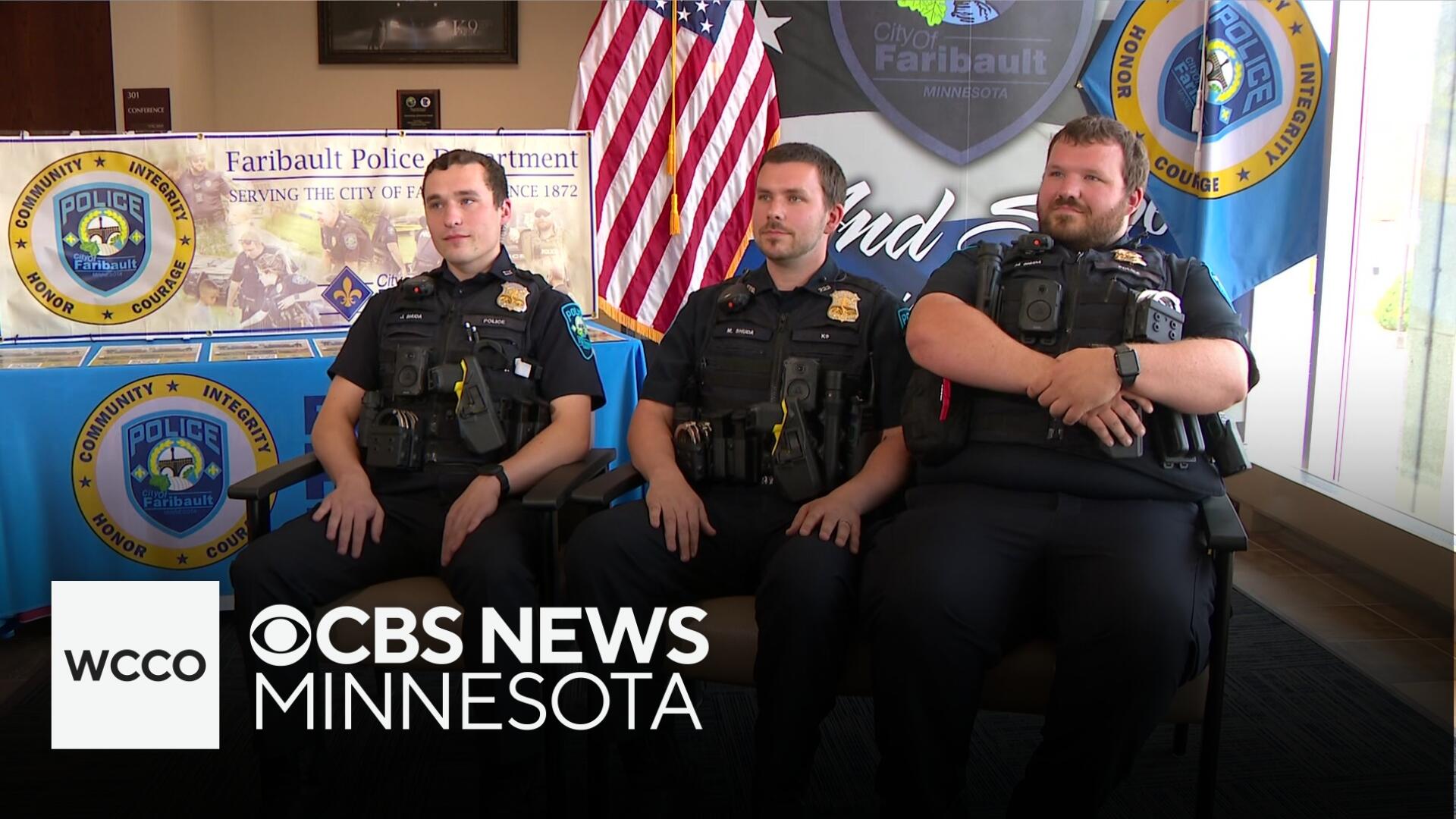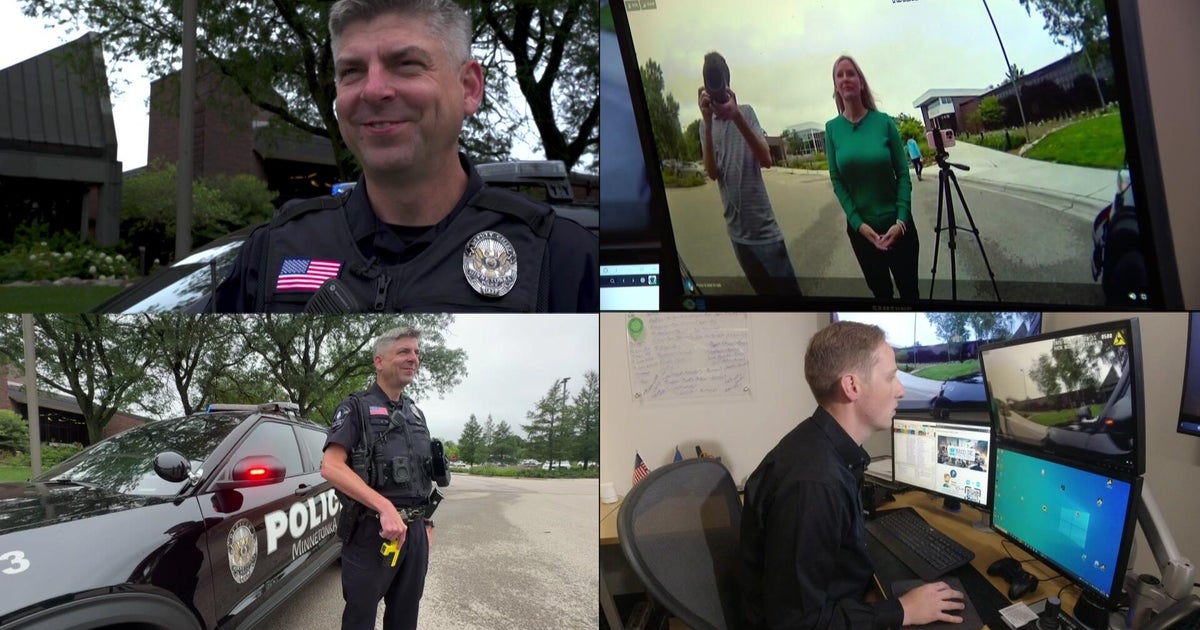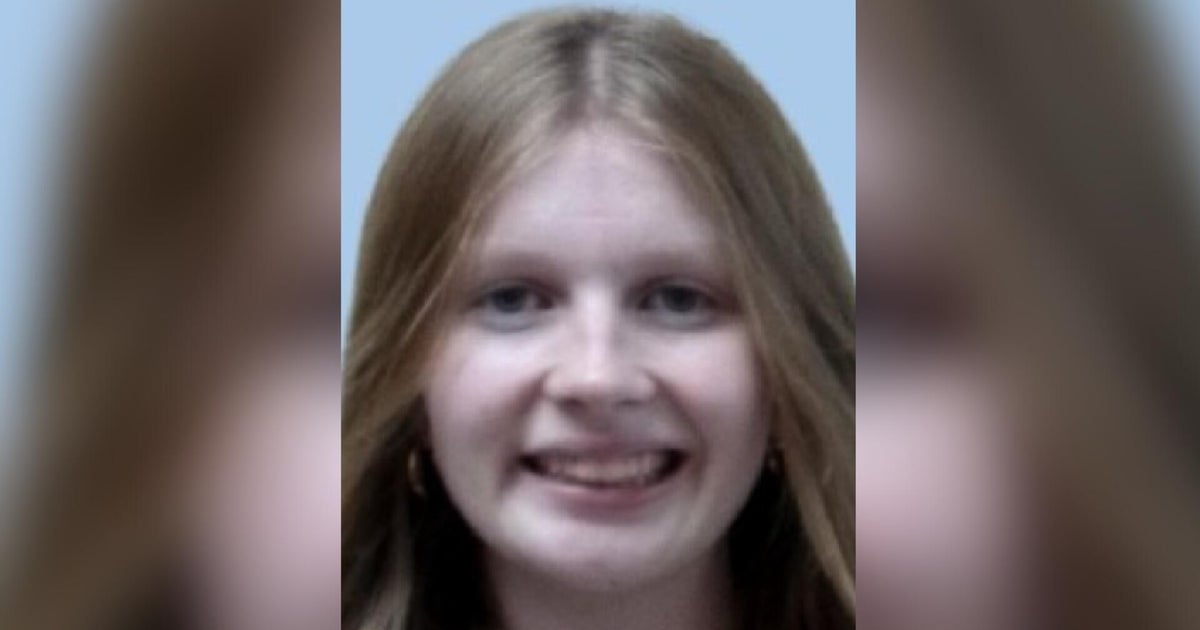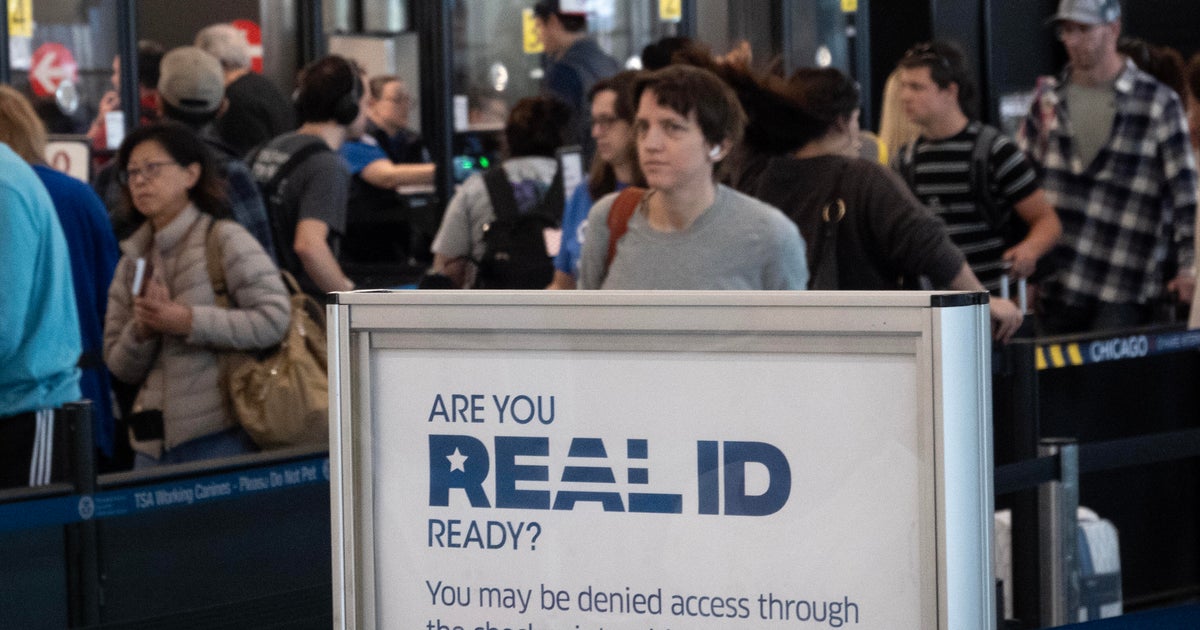3 brothers serve with Faribault police; Minnesota Legislature approves scholarships for children of cops
There are 35 police officers sworn to protect and serve this Southern Minnesota town of 25,000 people.
Nearly 10% of them have the last name Shuda.
"We can drive our records division and our dispatchers crazy a couple times," said Matthew Shuda, 33. "So somebody will call in and ask to talk with Officer Shuda. Well, which one?"
He's the oldest of the three Shuda brothers who currently work in the Faribault Police Department. Michael, 29, and Jason, 22, are also officers. But the familial ties don't stop there. Their father, Al Shuda, was in the force for 24 years before retiring in 2014.
"If Jason makes it a full career … we'd be looking at upwards of potentially 68 straight years," said Matthew Shuda.
"We're in different divisions, so there's not that constant overlap, but we still get enough interaction with each other, so it's fun being able to see each other at work," Jason Shuda added.
All three brothers said the dynamic they share as brothers in uniform is a unique and special experience. A bipartisan coalition of lawmakers and advocates hopes there will be more officers like them in the state's law enforcement ranks.
This session, the Minnesota Legislature greenlit a new pilot program to help cover the cost of school for children of police officers studying to be cops themselves. Lawmakers earmarked $500,000 for the scholarships — a "last dollar" effort that kicks in after accounting for other tuition assistance and financial aid.
Children of active officers or those whose parents suffered a permanent duty disability while on the job qualify. The program will be administered by the Minnesota State Colleges and Universities system — and only applies to students enrolled in one of those schools.
It will begin in the 2026-2027 academic year.
Mark Ross, president of the St. Paul Police Federation, joined lawmakers in March to push for the program's passage. He said the state is short 1,000 officers, with 2,700 nearing retirement age, creating a long-term crisis if there aren't creative solutions to get more people in the profession.
He believes it will help with both recruitment and retention — that officers nearing retirement age may consider sticking around a little bit longer if they know their children may benefit from the scholarships.
"This is, in my mind, a no-brainer, said Ross. "We can get cops' kids in seats at these schools, get them on a law enforcement track and hopefully they can follow in their parents' footsteps. I'm open to trying anything."
The program's $500,000 appropriation is modest in the context of a roughly $66 billion two-year state budget supporting state government, programs and services. But Ross praised the move because it comes at a time when the Legislature had to make tough budget decisions to stave off a future deficit.
"I don't know that we can get Democrats and Republicans to agree on what day of the week it is, and they decided they were both going to support this," said Ross. "I'm excited about that, and it makes me hopeful for building off this and creating more incentives for our youth to become police officers."
The Shuda brothers also agree that a program like this is a good idea.
"There is something to be said for working in the same line of work as the rest of your family," said Matthew Shuda. "And with the shortage that there is in law enforcement, anything that we can do to try and increase the number of people that are in this career field is a great option."





